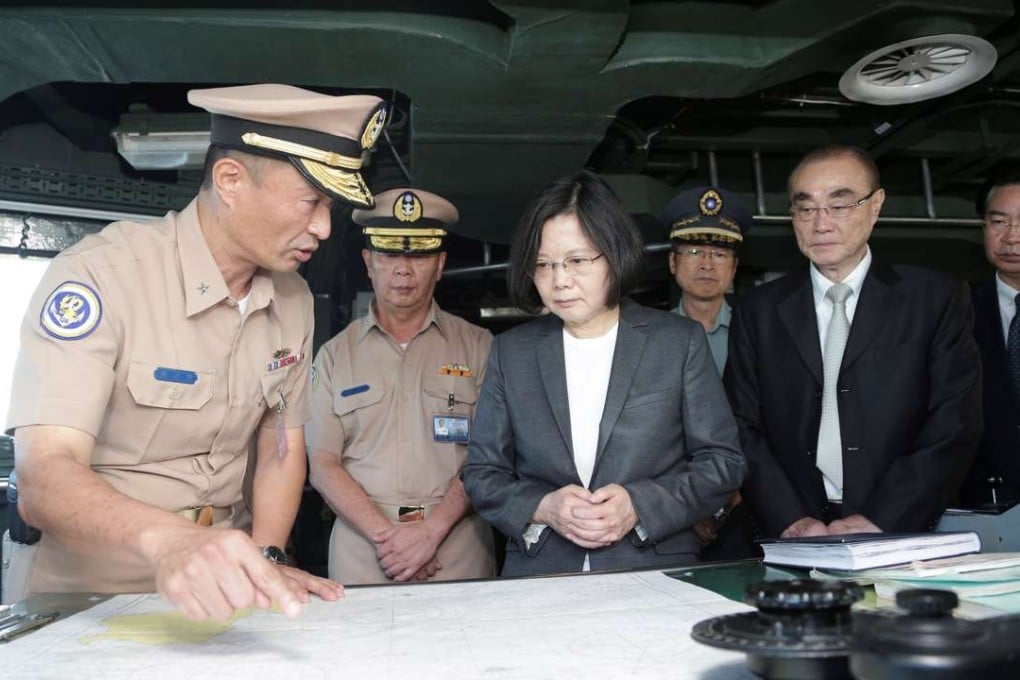Trouble in Taiwan: Hague ruling on Taiping Island gives Tsai her biggest headache
Analysts say Taiwanese president has been stabbed in the back by US and Japan, two countries she had been relying on for support in row with Beijing

Call it bad luck. From the devastation caused by a powerful typhoon to an international ruling that torpedoed Taipei’s claim to an exclusive economic zone in the South China Sea, Taiwanese President Tsai Ing-wen has faced a host of challenges in her first two months in office.
But the biggest challenge, analysts say, is the cross-strait tightrope she has been walking after apparently being stabbed in the back by the United States and Japan, two countries she had been counting on when dealing with pressure from the mainland.
Because of the US influence, Taiping Island thus becomes a rock and this is the biggest betrayal of Taiwan’s [interest]
And that tightrope act could get even trickier, they say, if she presses ahead with an evasive cross-strait policy, because Beijing is unlikely to abandon its demand that she accept the “one-China” principle.
Since Tsai assumed office on May 20, catastrophes including the flooding of the island’s main international airport, a massive strike by flight attendants, the accidental misfiring of an anti-ship missile that killed a fisherman, a pipe bomb explosion that wounded 25 people on a commuter train and a bus fire that left 24 mainland tourists dead have followed one after the other.
Analysts said her biggest challenge so far stemmed from the July 12 tribunal ruling at the Permanent Court of Arbitration in The Hague that no land features – including Taiwan-controlled Taiping Island – in the contested Spratly archipelago in the South China Sea could be considered islands.
